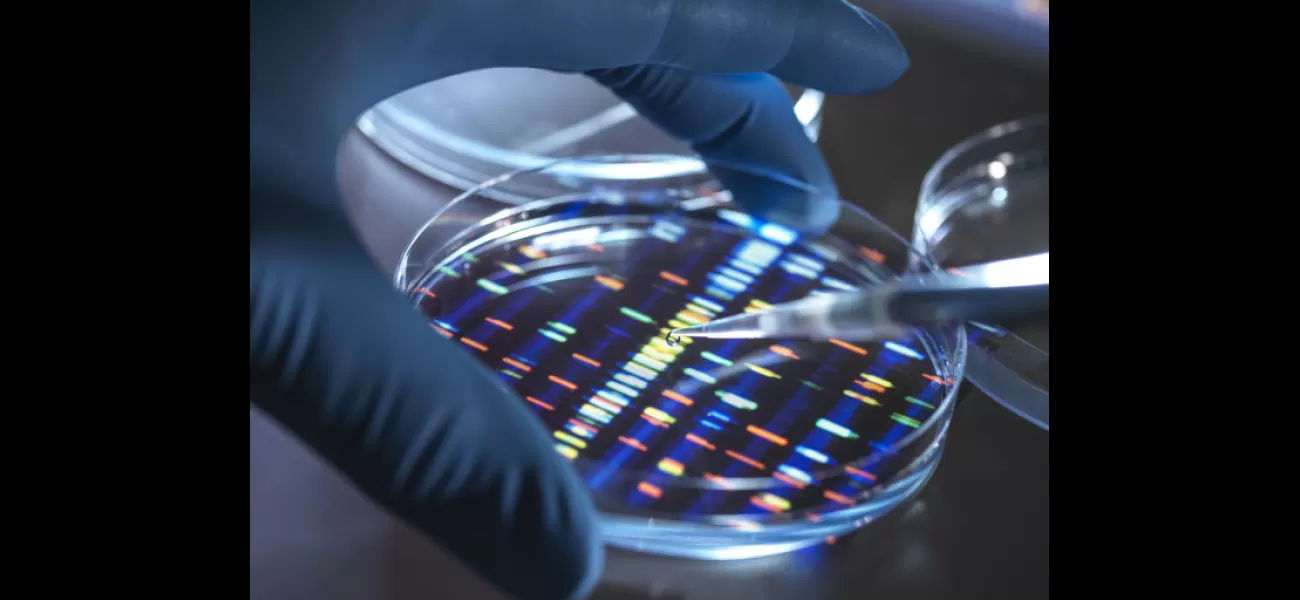DNA barcode tech saves thousands of women pain of womb cancer tests.
Make tasks simple and efficient.
November 7th 2023.

A new test for womb cancer has been developed which could spare thousands of women pain and anxiety. The test, which uses a vaginal swab, has been shown to be more accurate than existing tools for detecting cancer in women with abnormal vaginal bleeding.
Currently, many women undergo transvaginal ultrasound, where high-frequency sound waves can indicate a thickened womb lining, which can be a sign of cancer. Depending on the results of the ultrasound, women may then be referred for further tests, such as a biopsy. This can be a long and uncomfortable process, and may not even be necessary.
A study of 400 women recently published in The Lancet Oncology shows that the new test, called WID-qEC, is more accurate at ruling out cancer and identifying who needs a biopsy. The test works by looking at ‘tags’ on the top of the DNA, known as DNA methylation. It is estimated that this test could save nine out of 10 women from needing a biopsy.
Professor Martin Widschwendter, who developed the test, said: ‘The WID-qEC test is an ideal example for this – it significantly reduces the complexity of the pathway which women, presenting with abnormal bleeding, currently have to undergo.’
Athena Lamnisos, chief executive of the Eve Appeal, commented: ‘We hear from many women who have been investigated for abnormal bleeding, and they have really varied experiences of hysteroscopy and biopsies, some manage this procedure fine, but for many it is extremely painful. On top of this, the waiting time between thinking you may have a potential cancer and finding out your results is agonising. Saving thousands of women from needing to go through the pain of tests and speeding up the wait before cancer being ruled out or diagnosed and starting treatment is very welcome progress.’
The new test is expected to become commercially available in Austria and Switzerland from early 2024, and other countries, including the UK, are likely to follow suit in the coming months. This is exciting news, as the test could potentially save many women from unnecessary discomfort and distress.
Currently, many women undergo transvaginal ultrasound, where high-frequency sound waves can indicate a thickened womb lining, which can be a sign of cancer. Depending on the results of the ultrasound, women may then be referred for further tests, such as a biopsy. This can be a long and uncomfortable process, and may not even be necessary.
A study of 400 women recently published in The Lancet Oncology shows that the new test, called WID-qEC, is more accurate at ruling out cancer and identifying who needs a biopsy. The test works by looking at ‘tags’ on the top of the DNA, known as DNA methylation. It is estimated that this test could save nine out of 10 women from needing a biopsy.
Professor Martin Widschwendter, who developed the test, said: ‘The WID-qEC test is an ideal example for this – it significantly reduces the complexity of the pathway which women, presenting with abnormal bleeding, currently have to undergo.’
Athena Lamnisos, chief executive of the Eve Appeal, commented: ‘We hear from many women who have been investigated for abnormal bleeding, and they have really varied experiences of hysteroscopy and biopsies, some manage this procedure fine, but for many it is extremely painful. On top of this, the waiting time between thinking you may have a potential cancer and finding out your results is agonising. Saving thousands of women from needing to go through the pain of tests and speeding up the wait before cancer being ruled out or diagnosed and starting treatment is very welcome progress.’
The new test is expected to become commercially available in Austria and Switzerland from early 2024, and other countries, including the UK, are likely to follow suit in the coming months. This is exciting news, as the test could potentially save many women from unnecessary discomfort and distress.
[This article has been trending online recently and has been generated with AI. Your feed is customized.]
[Generative AI is experimental.]
0
0
Submit Comment





